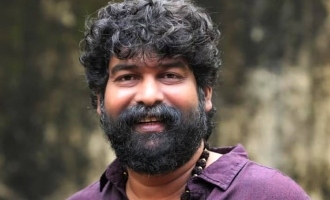President Droupadi rejects the mercy please of Mohammad Arif involved in Red Fort terror attack


Send us your feedback to audioarticles@vaarta.com


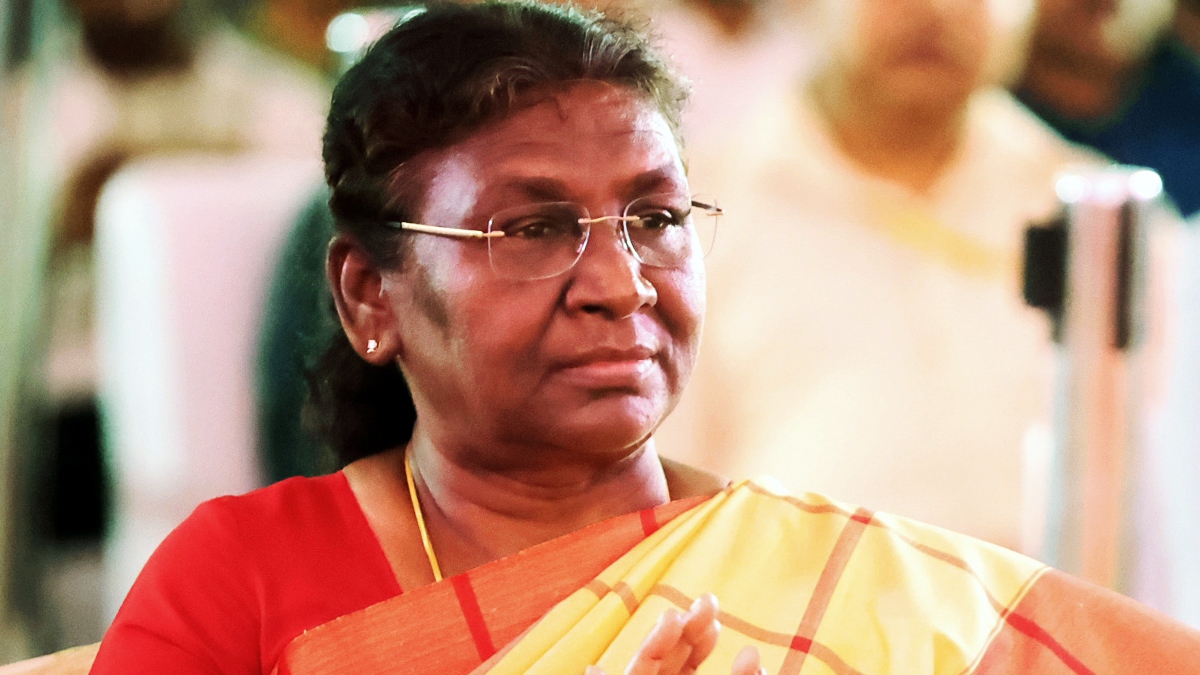
significant development, President Droupadi Murmu has rejected the mercy plea of Mohammed Arif, also known as Ashfaq, a Pakistani national and member of the Lashkar-e-Taiba (LeT) terrorist group. Arif was convicted for his role in a heinous conspiracy to attack Delhi's iconic Red Fort, an act that took place 24 years ago and posed a grave threat to India's unity, integrity, and sovereignty.
The Supreme Court Upholds Death Sentence
In November 2022, the Supreme Court of India dismissed Arif's review petition, thereby upholding the death sentence imposed on him. According to the President's secretariat, the mercy petition received on May 15 was denied on May 27, 2024, as reported by PTI. The court had previously noted that there were no mitigating circumstances in the convict's favor that could warrant leniency.
A Violent Conspiracy and Its Aftermath
The attack on the Red Fort was carried out on December 22, 2000, resulting in the tragic loss of three brave army personnel from the 7 Rajputana Rifles unit stationed at the historical site. Four days post the attack, Mohammed Arif was apprehended. He, along with three other LeT terrorists, had infiltrated India in 1999, with Arif masterminding the assault from a house in Srinagar.
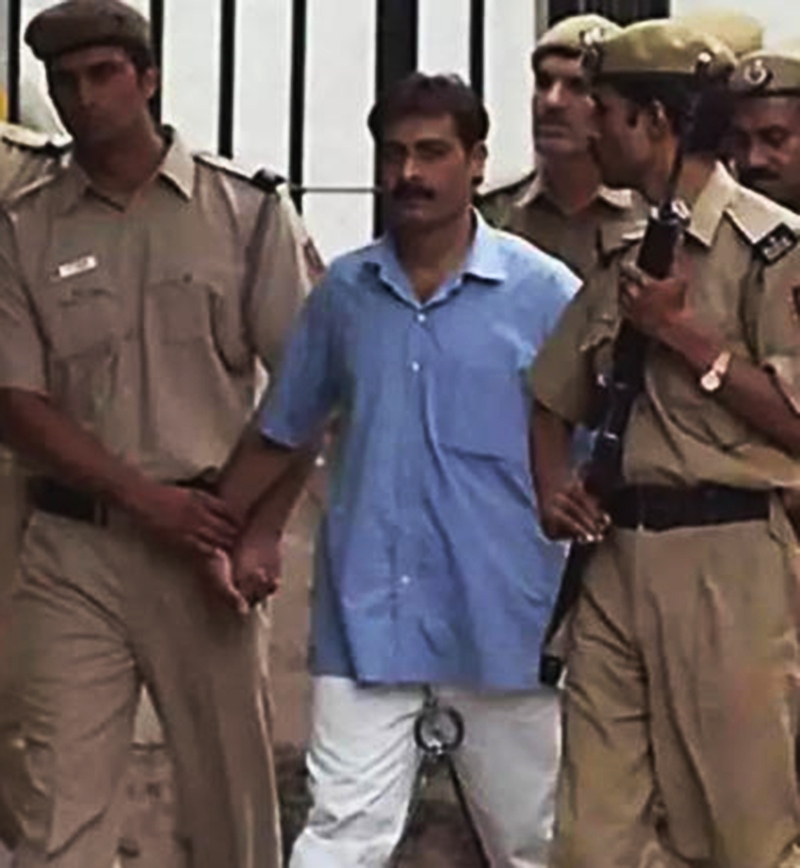
The Judicial Process
Mohammed Arif was found guilty of the conspiracy in October 2005, with the sentence of death being passed. His sentence was upheld by the Delhi High Court in September 2007, and subsequently confirmed by the Supreme Court in 2011. The three terrorists Abu Shaad, Abu Bilal, and Abu Haider who had entered the Red Fort along with Arif, were killed in separate encounters.
Following the dismissal of his review petition in August 2012, Arif filed a curative petition in January 2014. In a landmark decision, a constitution bench of the Supreme Court, in September 2014, ruled that cases involving death sentences awarded by high courts should be reviewed by a bench of three judges. This verdict brought about a change in the procedure for reviewing death row cases, with review and curative petitions no longer decided in chamber proceedings but instead being heard in open courts.
In January 2016, the constitution bench directed that Arif should be given the opportunity to seek the re-opening of the dismissal of his review petitions for an open court hearing within a month.
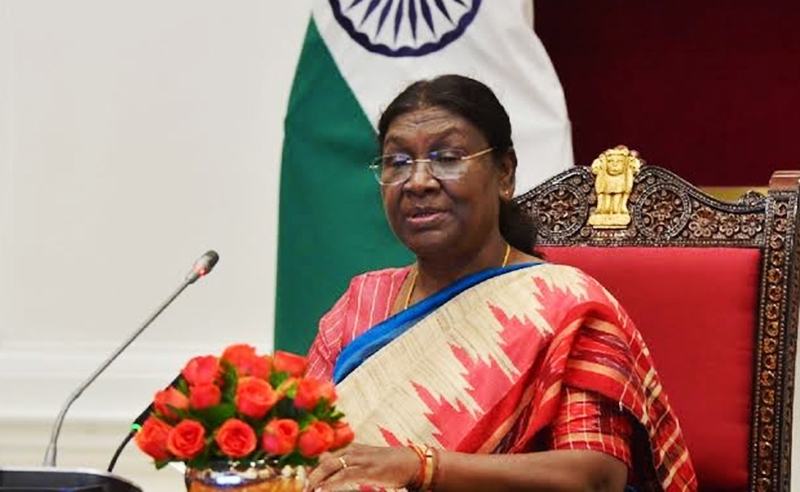
Conclusion
The rejection of Mohammed Arif's mercy plea by President Droupadi Murmu underscores the Indian judiciary's commitment to maintaining the rule of law and ensuring justice for the victims of terrorism. The case highlights the importance of robust legal processes in addressing acts of terror and the significance of upholding the nation's security and the safety of its citizens. As the nation moves forward, the memory of the brave soldiers who lost their lives in the line of duty remains etched in the hearts of Indians, a testament to their sacrifice and the resilience of the nation in the face of adversity.
Follow us on Google News and stay updated with the latest!
Comments
- logoutLogout

-

Devan Karthik
Contact at support@indiaglitz.com




 Follow
Follow


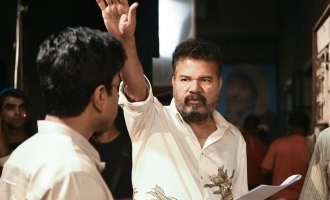

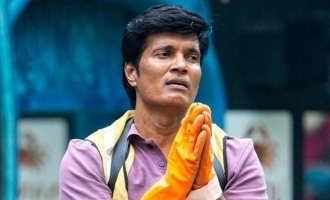

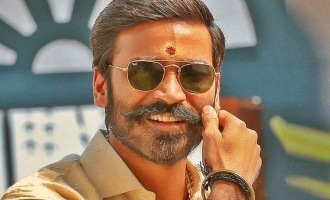



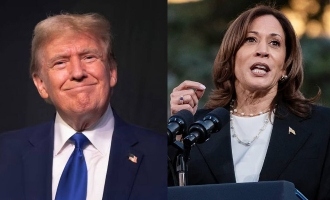
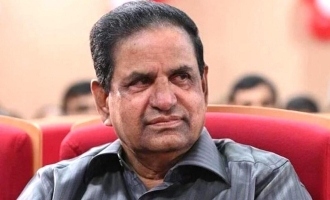

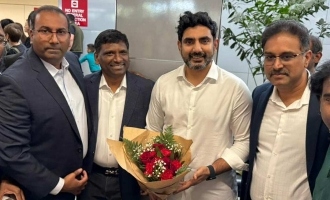
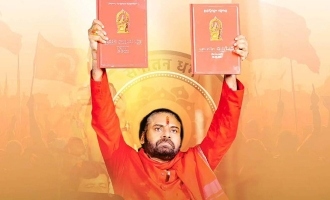




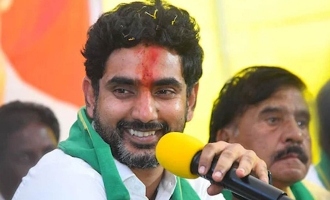


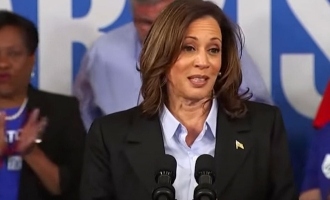
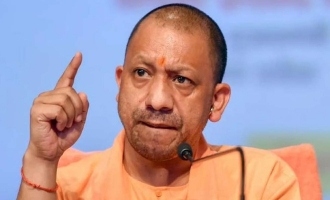
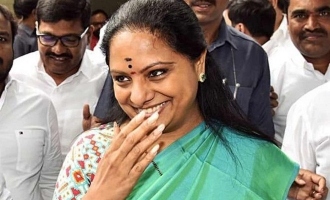


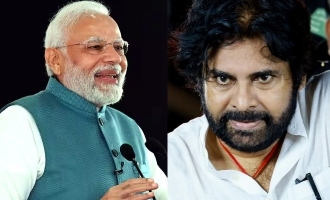
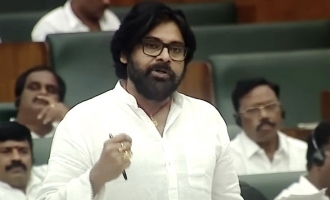
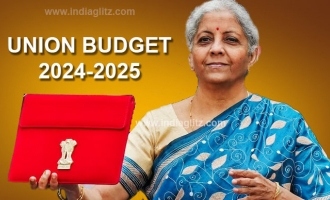
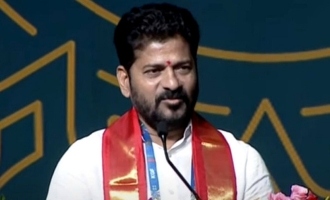
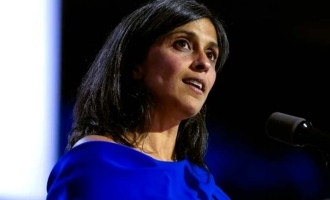


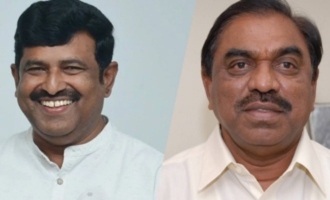
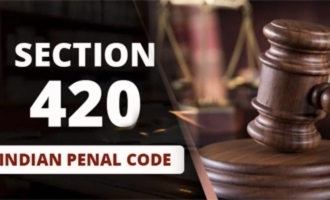


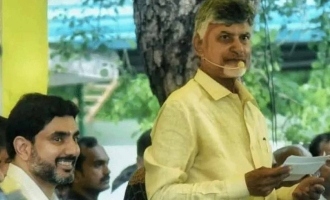
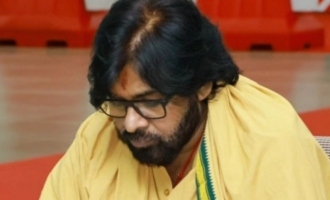
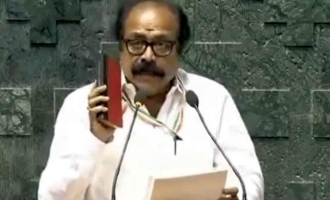


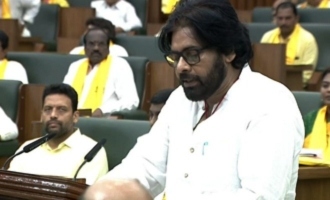
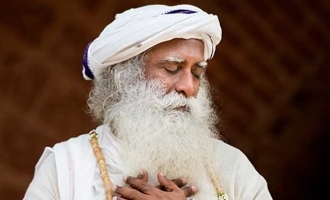
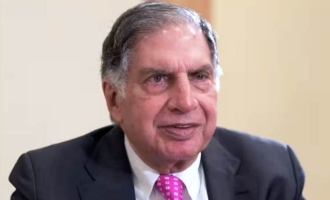

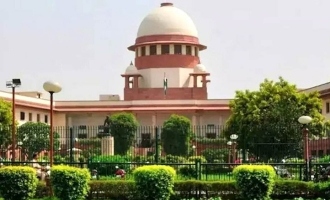
-a3e.jpg)
-3c4.jpg)
-e5c.jpg)
-e66.jpg)
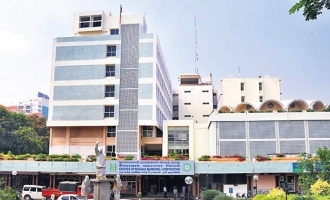
-71b.jpg)



